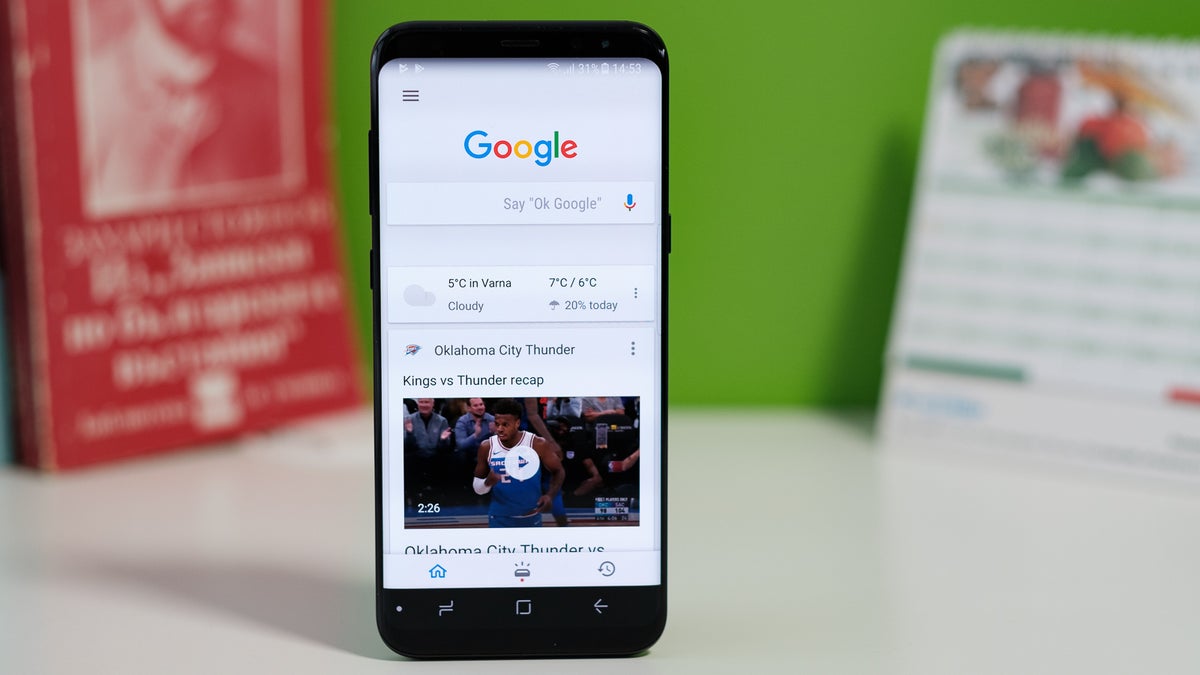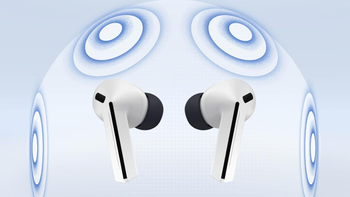In court: Microsoft executive reveals Apple gains more from Bing than Bing itself

In the ongoing Google antitrust trial, now in its third week, we're witnessing some intriguing developments that could shape the future of Google Search. This trial is anything but dull, with fresh information surfacing daily. While Alphabet (the parent company of Google) defends Google against accusations of stifling search innovation, Microsoft has entered the fray with an interesting perspective involving Bing and Apple.
Mikhail Parakhin, the person in charge of ads and web services at Microsoft, took the stand this week and dropped a bombshell. According to a report by Bloomberg, Parakhin argued that Apple actually benefits more from Bing's existence than Bing itself does. He also said that when it came to the search-engine wars with Google, Bing was never more than a bargaining chip to Apple.
For years, Microsoft has been vying to make Bing the default search engine for iPhones, but as Parakhin revealed during the US government's antitrust trial against Google in Washington, Apple never seriously entertained the idea of switching to Bing. "Apple is making more money on Bing existing than Bing does," asserted the Microsoft executive. "We are always trying to convince Apple to use our search engine."
Microsoft did meet with Apple as recently as 2021 to discuss the possibility of Bing becoming the default search engine, but it seems those talks didn't yield any substantial progress. Parakhin highlighted just how significant such a move would be for Microsoft by actually calling it “game-changing.” He also added, "We (Bing) are worse on mobile because we don't have traffic."
In response to Google's legal team, Parakhin argued that it wasn't economically viable for Microsoft to invest more in mobile search technology without a firmer guarantee of distribution. He explained, "Unless Microsoft gets a more significant, or firmer guarantee of distribution, it makes it uneconomical to invest."
Since 2003, Apple has been using Google as the default search engine in its Safari browser, striking a deal that involves a share of the advertising revenue generated through searches on its devices. The US Justice Department contends that contracts like these have allowed Google to unlawfully maintain its monopoly in the online search market. Google, on the other hand, refutes these allegations, asserting that users choose its search engine because it's the best.
With the introduction of iOS 17, Apple added a feature allowing users to choose different search engines on their iPhones. This feature covers regular browsing using Safari and private browsing using Safari. Google still serves as the default choice for both settings, but users can opt for a change if they wish.
Microsoft did meet with Apple as recently as 2021 to discuss the possibility of Bing becoming the default search engine, but it seems those talks didn't yield any substantial progress. Parakhin highlighted just how significant such a move would be for Microsoft by actually calling it “game-changing.” He also added, "We (Bing) are worse on mobile because we don't have traffic."
Since 2003, Apple has been using Google as the default search engine in its Safari browser, striking a deal that involves a share of the advertising revenue generated through searches on its devices. The US Justice Department contends that contracts like these have allowed Google to unlawfully maintain its monopoly in the online search market. Google, on the other hand, refutes these allegations, asserting that users choose its search engine because it's the best.
While the precise amount Apple earns from its Google deal remains confidential, the Justice Department estimates it to be between $4 billion and $7 billion annually. Interestingly, Apple recently came under the spotlight when an executive, testifying under oath, revealed a secret second search engine setting for Safari.
With the introduction of iOS 17, Apple added a feature allowing users to choose different search engines on their iPhones. This feature covers regular browsing using Safari and private browsing using Safari. Google still serves as the default choice for both settings, but users can opt for a change if they wish.
Follow us on Google News


![Some T-Mobile users might be paying more starting in March [UPDATED]](https://m-cdn.phonearena.com/images/article/176781-wide-two_350/Some-T-Mobile-users-might-be-paying-more-starting-in-March-UPDATED.webp)











Things that are NOT allowed:
To help keep our community safe and free from spam, we apply temporary limits to newly created accounts: